Prime Minister Pham Minh Chinh's State visit to India creates new momentum for the Comprehensive Strategic Partnership between the two countries and expands cooperation to new areas.

Indian media has published many articles highly appreciating Prime Minister Pham Minh Chinh's State visit to India from July 30 to August 1, saying that this event will create new momentum to promote the Vietnam-India Comprehensive Strategic Partnership.
On August 2 (local time), ANI news agency published an article stating that the current geopolitical reality requires closer cooperation between India and Vietnam, and the two countries need to agree to further strengthen the Comprehensive Strategic Partnership in all fields.
During the visit, Prime Minister Narendra Modi and Prime Minister Pham Minh Chinh issued a joint statement noting their “unanimity” in views on the world, while expressing support for the Global South to have a greater voice and role in international affairs.
Building on the existing good bilateral relations between Vietnam and India, the two leaders agreed to maintain regular exchanges at all levels.
In addition, Prime Minister Pham Minh Chinh and Prime Minister Modi appreciated the multilateral mechanisms between the two countries in areas such as foreign policy, security and maritime, defense cooperation, parliamentary exchanges, trade and investment, agriculture, health, civil aviation, information and communication technology, science and technology (including space and nuclear technology), tourism and culture.
In addition, as two rapidly growing economies, the two leaders agreed to strengthen cooperation at the government and business levels to enhance two-way trade, investment and technology partnerships.
The leaders also agreed to further increase bilateral trade turnover from the current level of about 15 billion USD to 20 billion USD.
To realize that goal, the two sides also agreed on the need to cooperate more closely in removing trade barriers to facilitate and enhance bilateral trade.

The joint statement said the ongoing review of the ASEAN-India Trade in Goods Agreement will result in a more friendly, simpler and more convenient mechanism for both countries.
The leaders agreed to continue efforts to promote investment flows between the two countries. Vietnam welcomes Indian investment in infrastructure, high technology, resource technology, clean technology, information technology, supporting and manufacturing industries, textiles, automobile and materials industries, green agriculture, smart agriculture, innovation and startups, semiconductors, renewable energy and energy conservation projects, power generation, biogas and polyester fabrics, among others in Vietnam.
On the same day, Hindustantimes news site assessed that Prime Minister Pham Minh Chinh's state visit to India created new momentum for the Comprehensive Strategic Partnership between the two countries and expanded cooperation into new areas such as digital economy and renewable energy.
In addition, the two sides also outlined orientations to deepen bilateral relations in many fields, in line with the interests of both countries in the context of complex geopolitical and economic changes in the region and the world.
The two sides also affirmed that the visit is an opportunity for Vietnam and India to strengthen cooperation and support each other in regional and international issues and at multilateral forums, while contributing to the promotion of peace, stability and development in the region and the world.
Several other prestigious Indian newspapers commented that defense cooperation is a pillar in the Vietnam-India Comprehensive Strategic Partnership and is becoming more important as the two leaders agreed to strengthen defense cooperation based on the common interests and priorities of the two countries. This approach will contribute to enhancing stability in the Indo-Pacific region.
According to India's Deputy Minister of External Affairs (Eastern Affairs) Jaideep Mazumdar, the State visit of the Prime Minister of the Socialist Republic of Vietnam to India after 10 years is of great significance after the two countries upgraded their relationship to a Comprehensive Strategic Partnership.
This visit is an opportunity for the two sides to discuss and evaluate the internal issues in the Comprehensive Strategic Partnership, as well as outline the future direction of this relationship.
Deputy Minister Mazumdar affirmed that India considers Vietnam a pillar in its Act East policy, an important partner in the Indo-Pacific Initiative and one of the important partners in ASEAN. Vietnam is a country with close, long-standing ties in both history and civilization with India.
The relationship between the two countries is developing in many areas, notably defense and security, economy, trade and investment, people-to-people exchange, etc.

In addition, the two countries also share the same vision and development orientation: Vietnam strives to become a developed, high-income country, among the leading industrialized countries in Asia by 2045; India aspires for a "Viksit Bharat" (developed India) by 2047.
Professor Reena Marwah at Delhi University (India), who is also Secretary General of the Association of Asian Scholars, assessed that Prime Minister Pham Minh Chinh's visit has great significance for Vietnam-India relations and is also an opportunity for the two sides to strengthen the Comprehensive Strategic Partnership at a high level in all fields.
Many memorandums of understanding were signed and a new level of understanding was reached on people-centered development policy.
In addition, the two countries also emphasized the importance of multilateralism in addressing issues such as climate change, pandemics, etc., and will coordinate to affirm the importance of freedom of navigation, aiming to build a peaceful, stable, law-based region, in the context of complicated developments in regional security./.
Source





























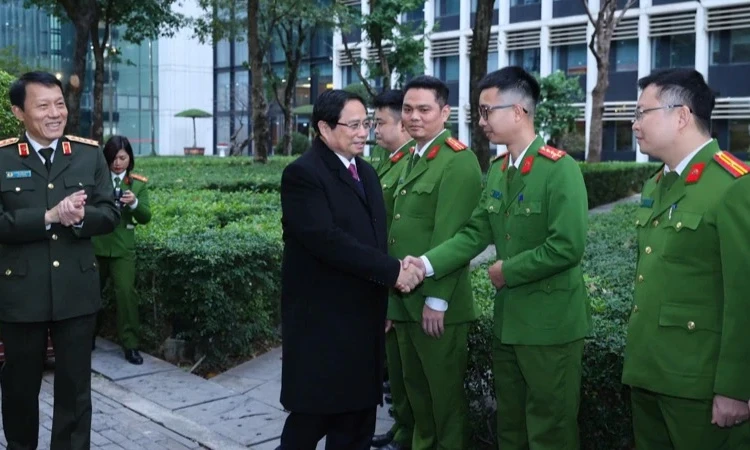
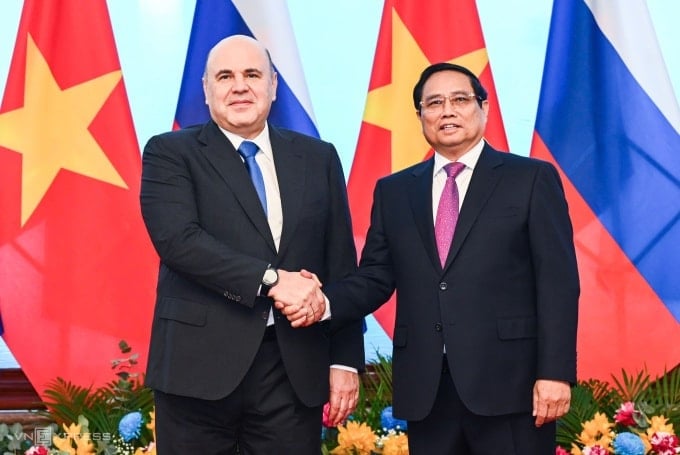
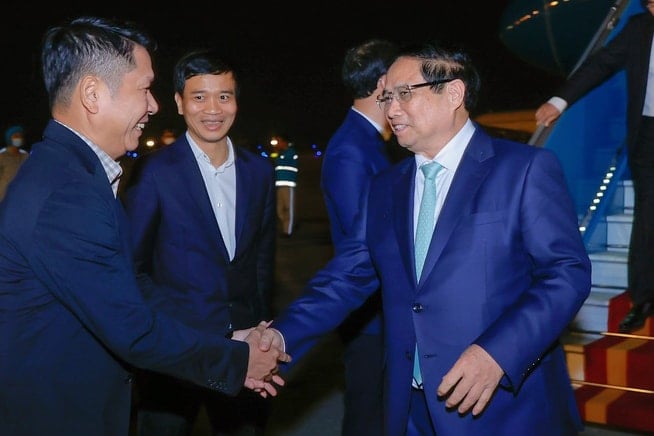
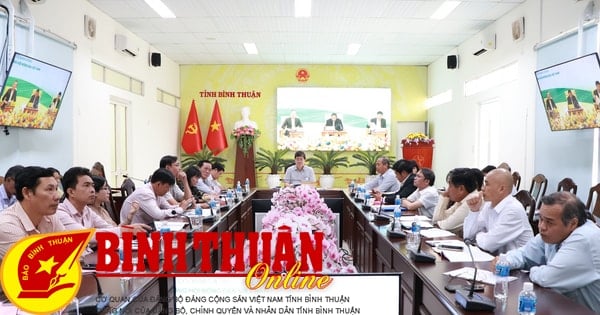
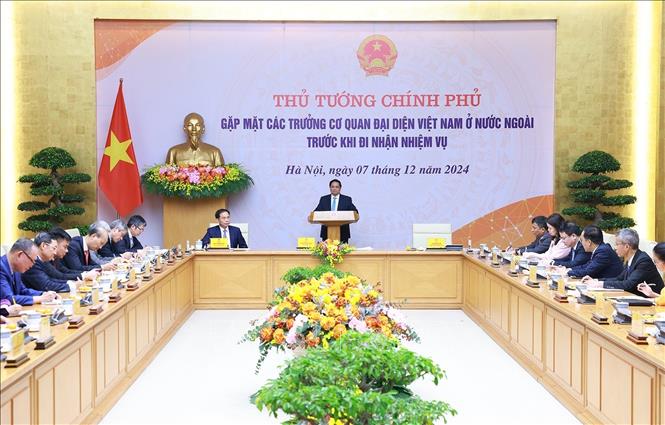
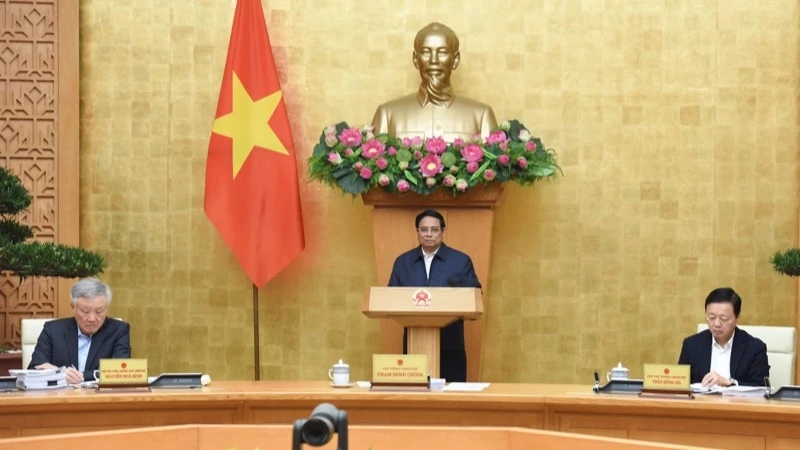

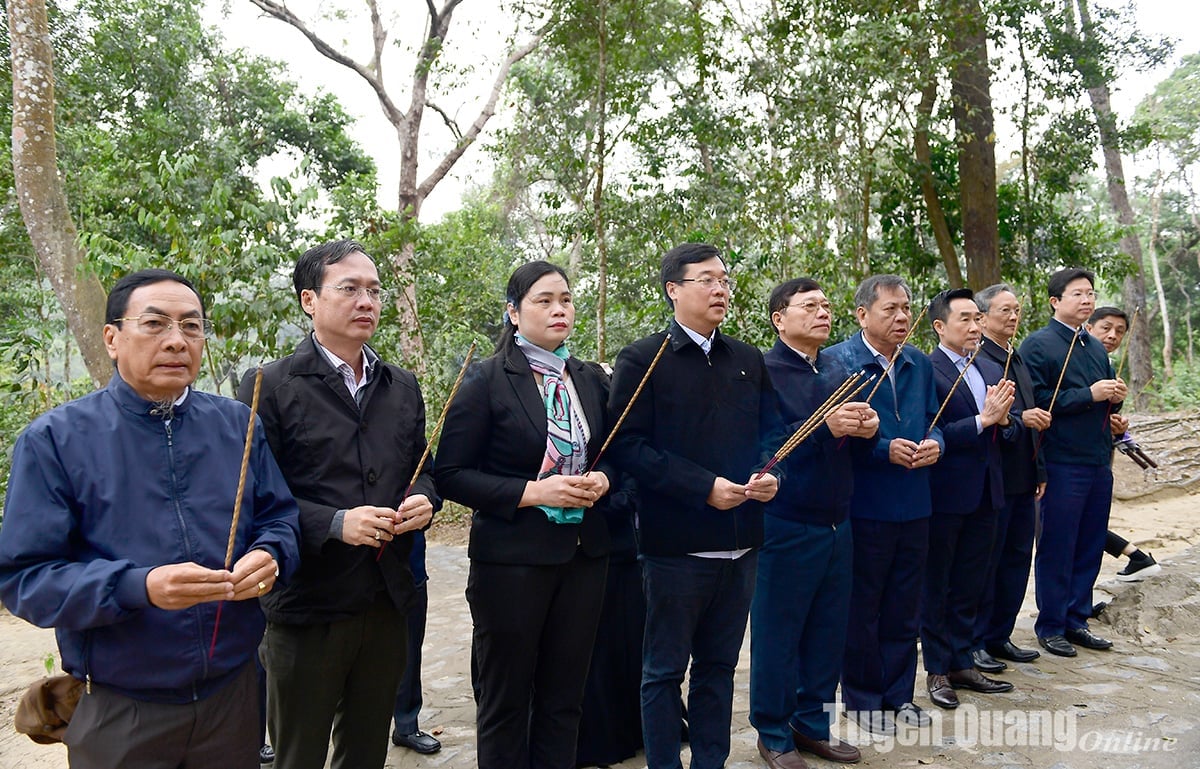
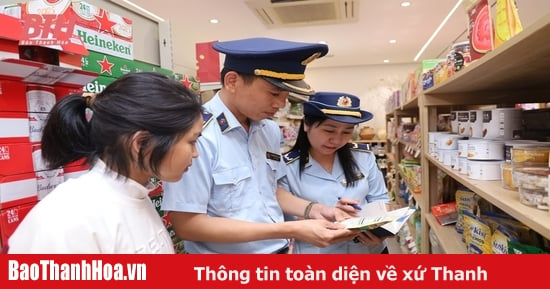
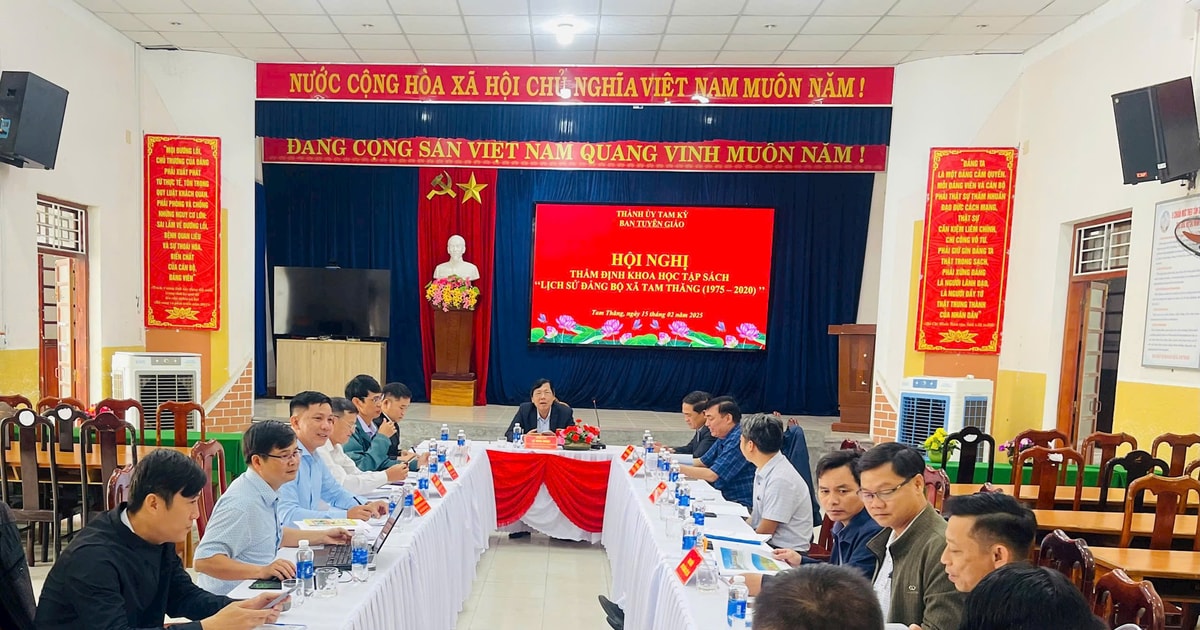
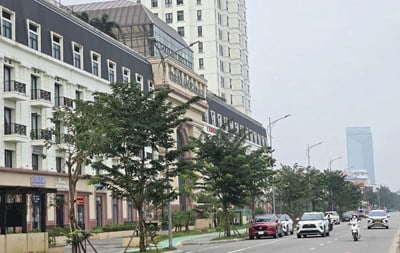
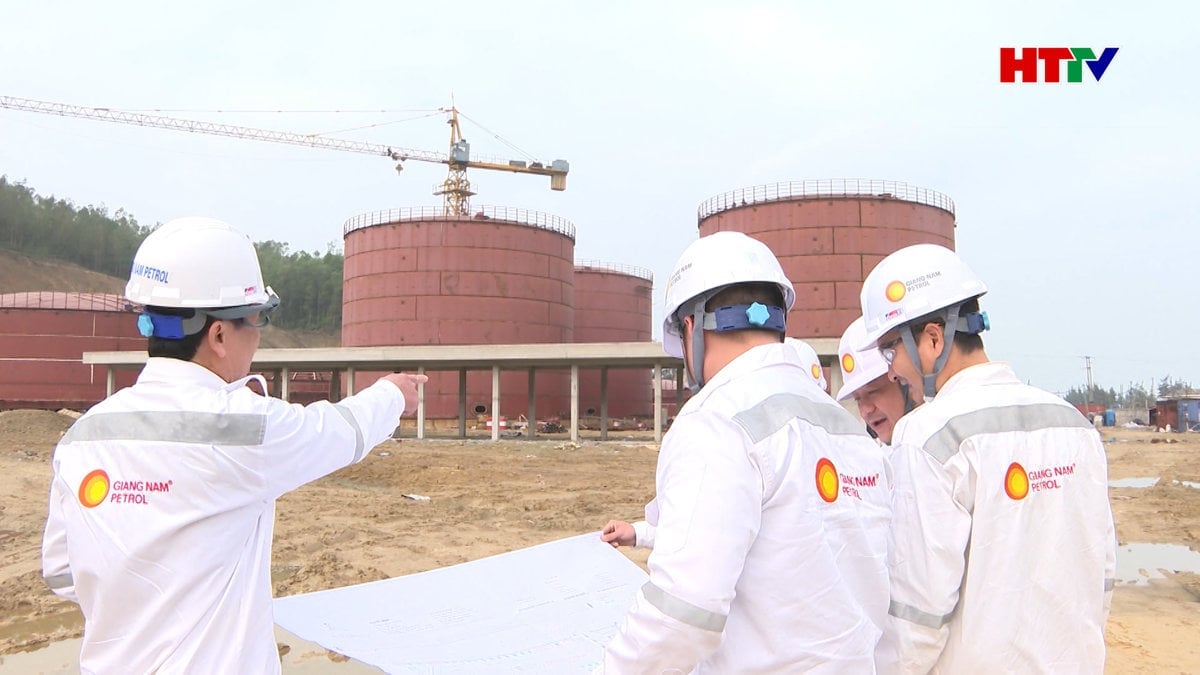
![Charming Vietnam [ Cat Tien National Park ]](https://vstatic.vietnam.vn/vietnam/resource/IMAGE/2025/2/12/c05c34322e4f4cac874e7f971dfaddca)














Comment (0)